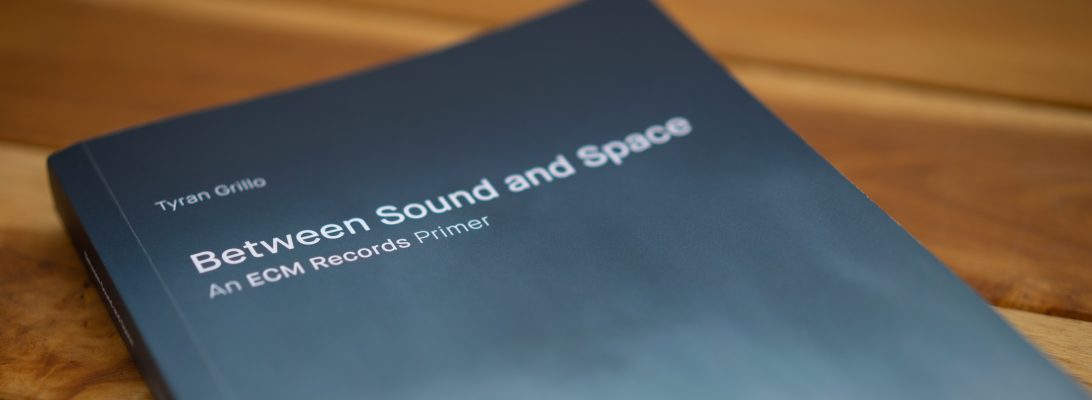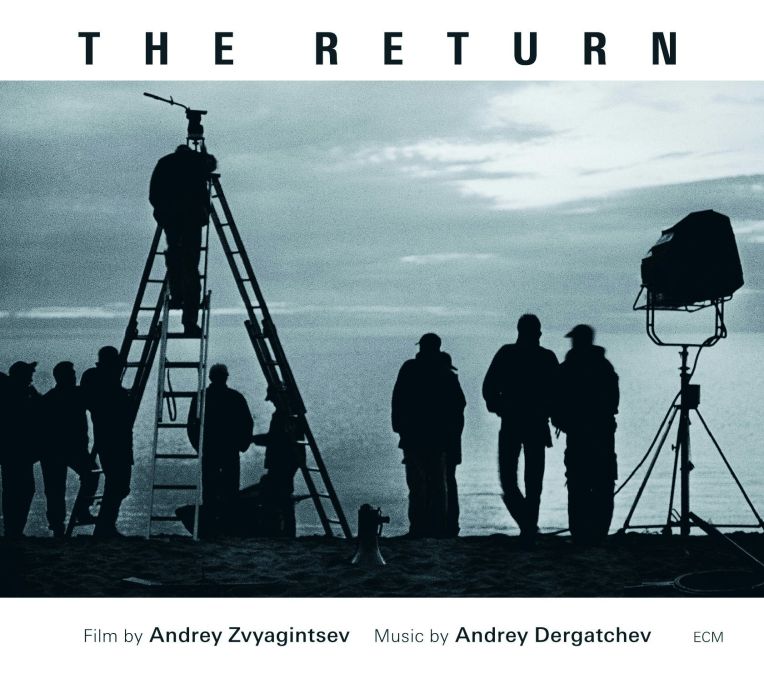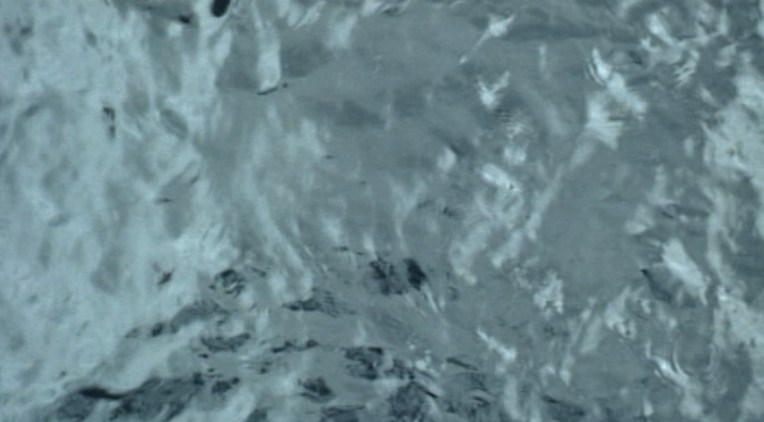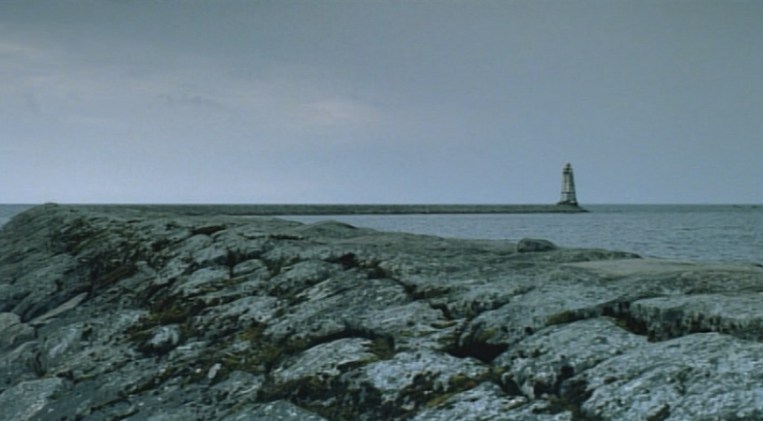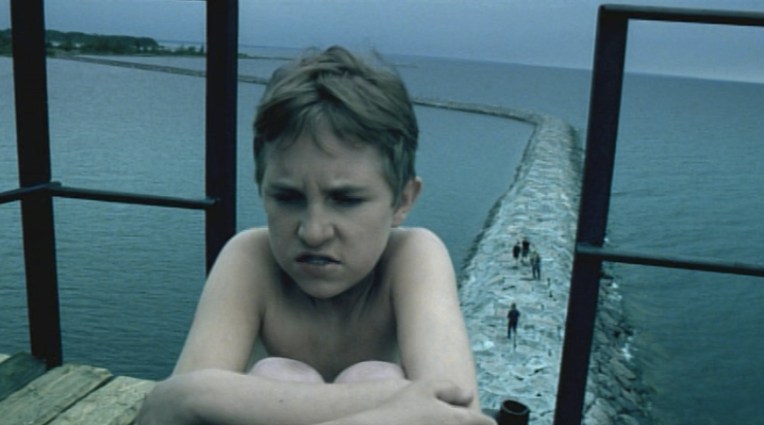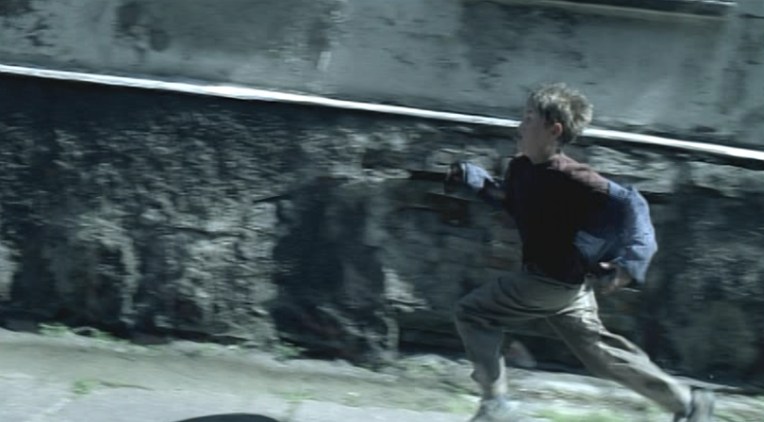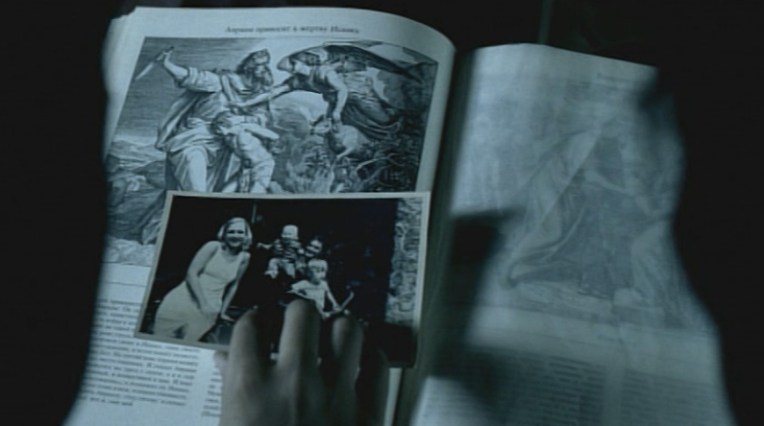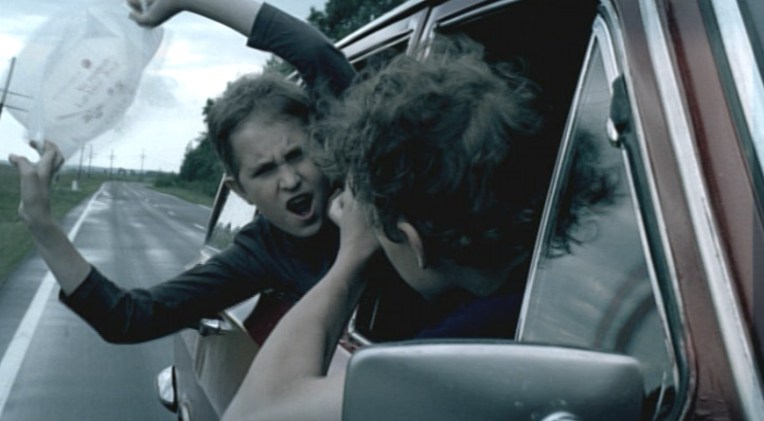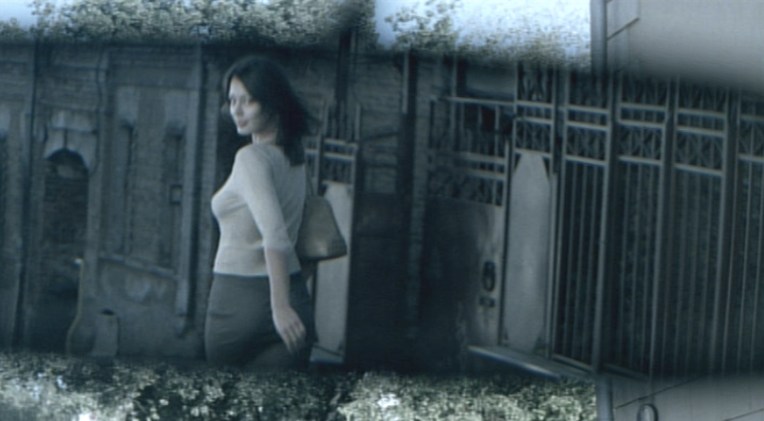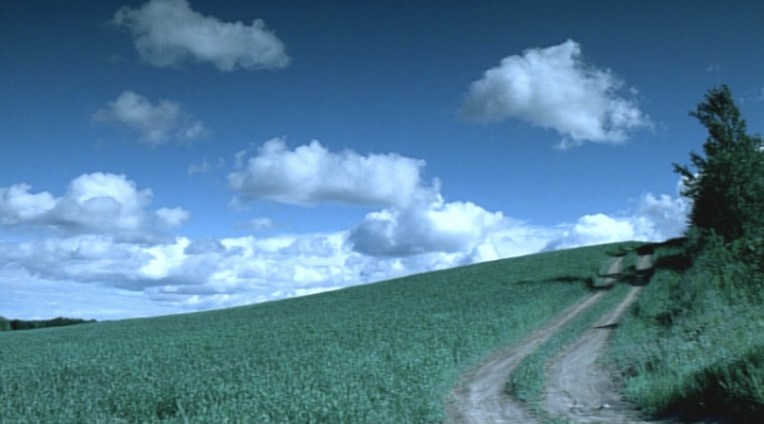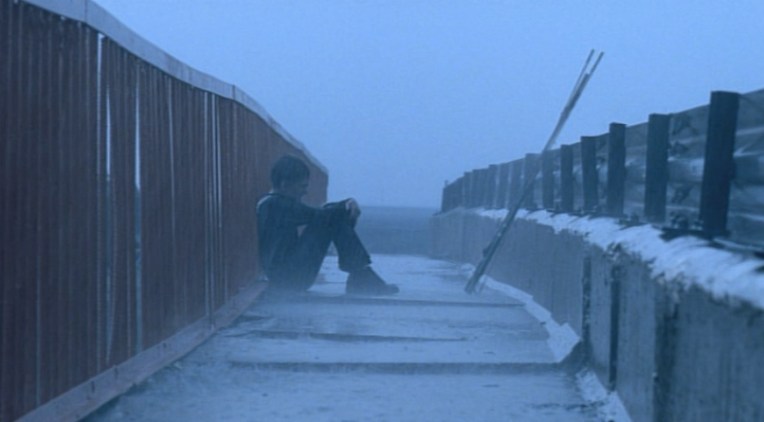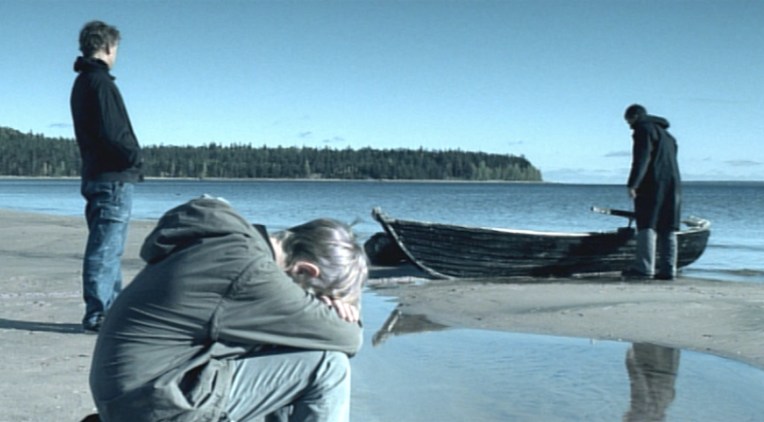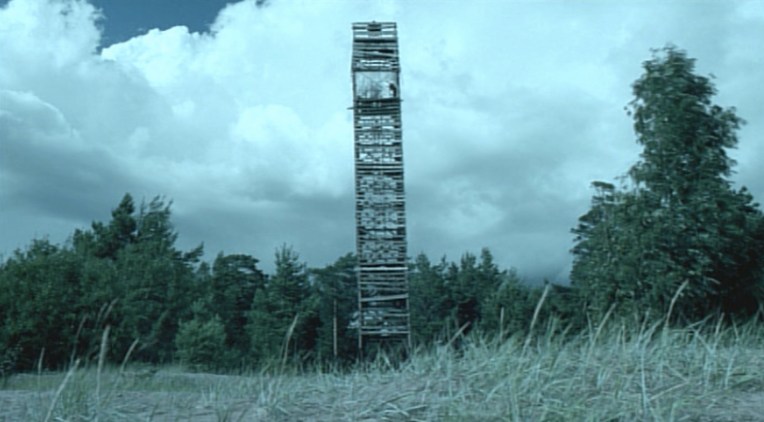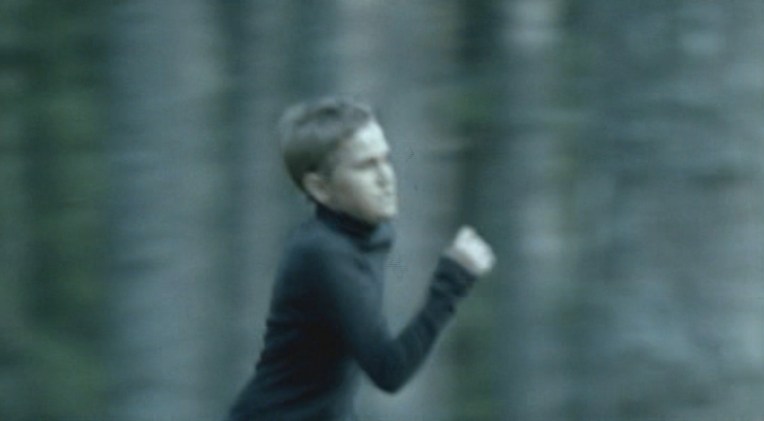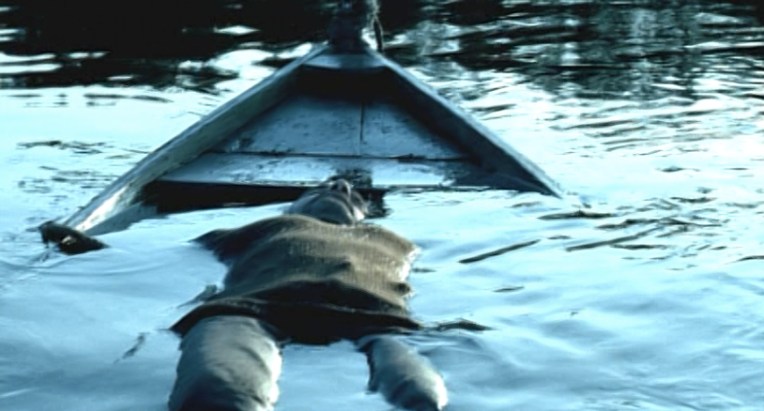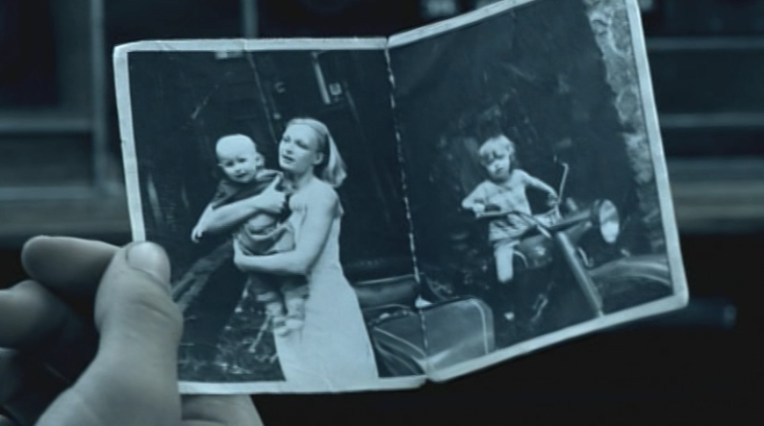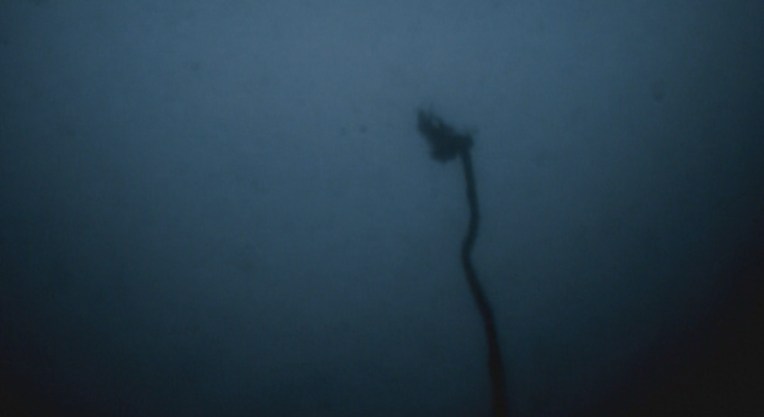Andrey Zvyagintsev
The Return
Andrey Dergatchev music
Recorded in Moscow
Mixing: Sergey Bolshakov at NGSU, Moscow
Sunday
Boys. Locked in a tower without walls. Only way out is to jump, trailing naïve ribbons into ocean. Ivan fears for his life before it has begun, cringes, holds himself like an idol of sadness. His mother, afraid, finds among the clouds. Ivan insists, I jump, but doesn’t move. Coward. Pig. These, the insults that follow him down the ladder.
Monday
Brothers. Ivan to Andrei, younger to older. Ivan’s friends have turned on their axes. Andrei chases him through a blur of stone and shame. The specter of toughness looms, foggy and ephemeral. Home awaits, harboring an unexpected guest. Their father has emerged from the past, haggard and silent. His photograph rests in a book of Christian violence, smiling a scythe of absence. The consuming patriarch eats first, drinks first, speaks last. Andrei fills his plate. Ivan leaves his dry. A promise, a trip, the car a horizontal escape. Andrei’s eyes widen at the man’s strength. In the mother’s heart, a diary. Her pen now still, she writes lies of valor onto her sons’ pages.
Tuesday
Desolation. Bent telephone poles. Endless road. Curiosity in Ivan’s eyes. This man is not “Dad,” only the skeleton of one. Armed with a camera, Andrei shoots his brother through with holes. In town, the food is as scarce as the people. Father takes refuge in his rearview mirror, where a onetime stare flicks its tongue against his stubble. Ivan will not touch his fork. A thief, an opportunity to prove themselves. “You’ve got no fists.” On the pier, he trades secrets and wind. They camp, fish the waters of their stoic reunion, dreaming of somewhere far away. This man is not real.
Wednesday
Drive. Splash of pastoral color bleeds like a wound. Ivan abandoned, alone with his rods and tackle in a downpour. “Why did you come back?” he cries. “You don’t need us.” Father is a survivor. He hits Andrei.
Thursday
Crossing. Tarred boat, passage of joy. Engine dies, elbows worked to the fulcrum. On the shore, by the fire, the man is downtrodden. Ivan: “If he touches me again, I’ll kill him.”
Friday
Anger. Ivan steals a knife, conceals it as they explore the terrain. Another tower. Father unearths a box, conceals it in their boat. Another hit to Andrei’s face. And another. Ivan wields the blade but cannot follow through. He climbs the tower, threatening to jump. Father falls to his death trying to reach him. They drag his body to the boat on a bed of branches. His body floats from shore, sinks along with the box into the blackness. Ivan’s obstinacy is Andrei’s fear. Ivan takes out the picture, from which the father is now absent. They drive off. Andrei’s camera gives up its ghosts.
Director Andrey Zvyagintsev has left us these pictures. With them, Andrey Dergatchev has left us their voices. More than incidental, his soundtrack relives the film as might a photograph relive a sunset. The mix is corroded as much as it is innocent, every image a feature of Ivan’s despair. It begins where the film ends: underwater. An old man sings, drawing threads of a past that only he may know, and weaves from them the very doll of memory that resides within the father’s box, a kiss lost to winds that blow like wicker brooms across a porch. Whispers of derision in sibling rivalry paint us along the hallway, catching sight of ghosts in the walls and ceiling shadows, for in the bedroom is where truths are spoken. Georgian folk songs glaze a thorn-patch of ambient sounds. These begin to surround us, as if we were locked inside a car flying through the trees. Ice and rain: each tells stories of its conversion into the other. We feel the swell of that forgotten childhood and the bond it was denied.
Sounds of insects. The title music opens its eyes half way. A tender enchantment, puff of dandelion through the inner ear, a place so deep that we hardly feel its electronic blips. Sons speak. Words create disturbances, reinforcing an absence whose return brings further silence. Arpeggios thread the cries of gulls that give them relief. Unlike them, Mozart’s Requiem spreads a wing in between acts, but never flies, melting instead behind a layer of silver water. Someone whispers and bids the cells to dance, finding that somewhere in the piano there may be hope stored like history. A skipping record, touched by the needle of the soul and swung around the filament of the credit roll, seeks familiar pathos in the final rainfall, rotting the boat that brought us here.

